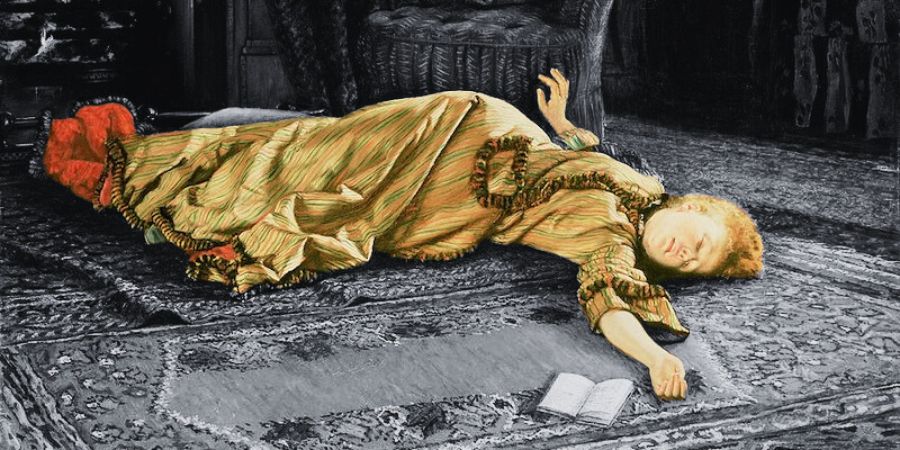Key insights
-
1
Inaccurate Portrayal in Fiction
The author argues that fainting is often dramatized or simplified in fictional narratives, leading to a widespread misunderstanding of its true nature.
-
2
Physiological Realities
Fainting, or syncope, involves a sudden, temporary loss of consciousness usually due to a drop in blood flow to the brain. The article discusses the various triggers and symptoms that accompany fainting spells.
-
3
Psychological Impact
The author shares personal anecdotes to highlight the emotional and psychological effects of living with a condition that causes frequent fainting, including anxiety and the need for constant vigilance.
-
4
Call for Accurate Representation
The article concludes with a call to writers to portray fainting more accurately in their work, emphasizing the importance of research and understanding of the condition.

